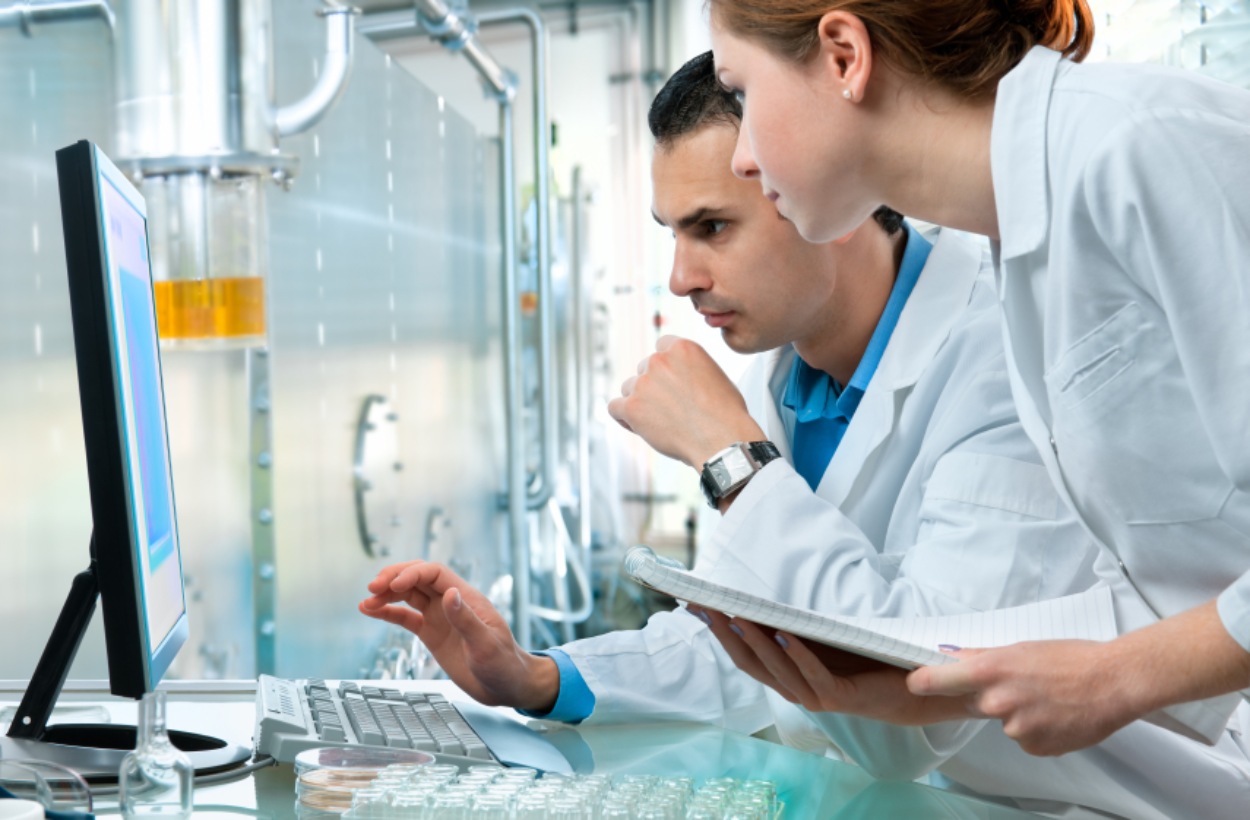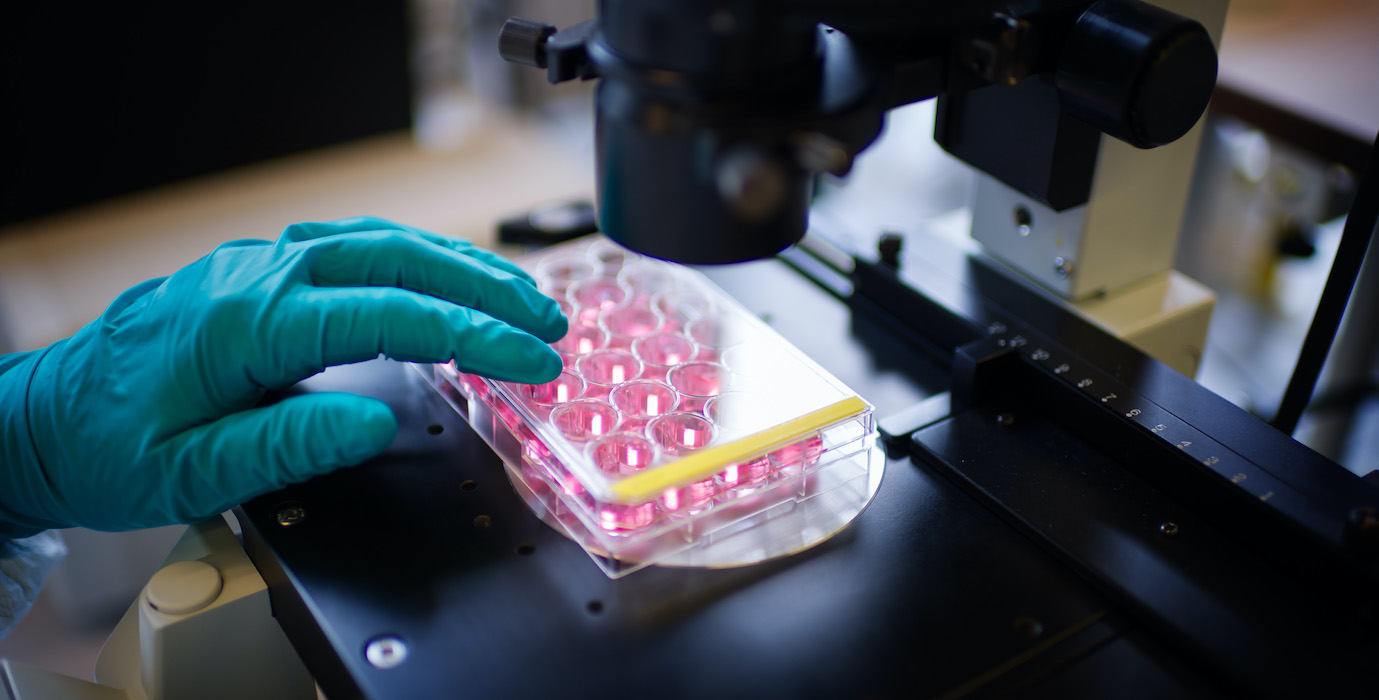Life Sciences & Health
Quickly go to
- A thriving and collaborative sector
- A well-connected hub
- High concentration of excellence
- Innovation across the regions
- Explore Life sciences & Health in the Netherlands

We are always looking for new ways to approach disease prevention, cure, and care so that we can improve everyone’s quality of life while keeping healthcare affordable at the same time. This is where our strong and ever-evolving life sciences and health sector comes in. From developing technologically advanced care bots to inventing medical equipment that can detect diseases in their earliest stages, our life sciences and health ecosystem is a true breeding ground for innovation. It’s ranked as the number 1 EU-wide in KPMG’s Growth Promise Indicator and its impact reaches well beyond the Dutch border, proactively contributing to global societal challenges. It’s the perfect environment for international talent looking to make a real difference.
To drive this ongoing innovation, the Netherlands invests more than €2 billion annually in research and development. This is paying off: our small country has become a super-connected hub with a wide array of brilliant academic and research institutions that operate in close collaboration with a thriving business ecosystem, which includes companies such as Johnson & Johnson , Abbott Laboratories , Merck (MSD), Amgen , Astellas , GlaxoSmithKline , Galapagos and Medtronic .

The Netherlands’ life sciences and health community comprises approximately 3,000 R&D companies, 420 biopharmaceutical companies, 40,000 pharmaceutical employees, and contributes around €3.3 billion to the Dutch gross domestic product (GDP). We’ve got 26 campuses, 16 science and innovation parks, eight university medical centers, and 13 universities, all wholly or partly focused on life sciences research. We ensure a high level of excellence through numerous regulatory authorities: the country is home to the European Medicines Agency (EMA) and the Medicines Evaluation Board (MEB), a Dutch regulatory body. The best thing is that these organizations are all situated within a few hours’ journey of each other – something that really drives interaction across sectors and scientific fields.
The Netherlands’ life sciences and health community is spread out across the country, with various hubs dotted across the regions. The Utrecht area, for example, is a remarkable innovation hub. At its heart is the Utrecht Science Park, where entrepreneurs, scientists, and researchers work closely with university medical centres. Numerous startups and scale-ups are based here, next door to large multinationals such as Genmab and Merus. In addition, the Amsterdam Area is home to two university medical centres, a large number of renowned research centres such as the Netherlands Cancer Institute (NKI) and the Netherlands Institute for Neuroscience , hubs such as the Amsterdam Science Park , and Sanquin, the national blood bank and a centre of haematology research.
Other hotspots in the life sciences and health sector include Leiden Bio Science Park , Rotterdam and Erasmus University Medical Center, Maastricht , the northern cities of Leeuwarden and Groningen , where two large medical centres and innovation campuses are based, and also Wageningen University & Research.